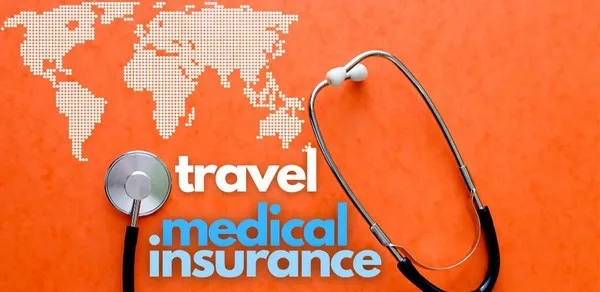Traveling can be an enriching experience, broadening horizons and creating unforgettable memories. However, amidst the excitement of exploring new destinations, it’s crucial to consider your health and safety. One question that often arises is whether travel medical insurance is necessary. In this comprehensive guide, we delve into the nuances of travel medical insurance, discussing its basics, the factors influencing the need for it, and providing guidance on making an informed decision.
Basics of Travel Medical Insurance
Travel medical insurance is designed to provide coverage for unexpected medical expenses while traveling outside one’s home country. It differs from regular health insurance in that it specifically caters to the unique risks associated with travel. Typical coverage areas include:
1. Emergency medical expenses: This encompasses hospital stays, doctor visits, ambulance services, and other necessary medical treatments required due to sudden illness or injury during the trip.
2. Medical evacuation: In the event of a medical emergency where local facilities are inadequate, medical evacuation ensures transportation to a suitable medical facility or back home, if necessary.
3. Repatriation of remains: In the unfortunate event of death during travel, this coverage facilitates the transportation of the deceased’s body to their home country.
4. Trip interruption/cancellation: This coverage provides financial protection against unexpected events such as illness, injury, or natural disasters that disrupt travel plans, leading to trip cancellation or interruption.
It’s essential to distinguish travel medical insurance from other types of travel insurance, such as trip cancellation or baggage loss insurance. While these coverages may be beneficial, they primarily address different aspects of travel risks, such as reimbursing non-refundable trip expenses or compensating for lost or damaged belongings, rather than directly covering medical emergencies.
Factors Influencing the Need for Travel Medical Insurance
Several factors influence whether one should opt for travel medical insurance:
1. Destination: The healthcare systems and associated costs vary widely across different countries. Travelers should research the quality of healthcare available in their destination and consider the potential expenses involved in case of medical treatment abroad.
2. Existing health insurance: Domestic health insurance plans may offer limited or no coverage for medical expenses incurred overseas. Even if coverage is provided, it may come with significant limitations or high out-of-pocket costs.
3. Activities planned: Engaging in adventure sports or activities increases the risk of accidents or injuries, underscoring the importance of adequate medical coverage tailored to such scenarios.
4. Length of travel: Longer trips inherently entail a higher likelihood of needing medical attention, making travel medical insurance more crucial for extended journeys.
5. Age and health conditions: Older travelers or those with pre-existing medical conditions may face higher medical costs or encounter difficulties obtaining adequate coverage without travel medical insurance.
Guidance on Making an Informed Decision
To make an informed decision about travel medical insurance, consider the following guidance:
1. Assess individual needs: Evaluate factors such as destination, planned activities, existing health conditions, and the length of travel to determine the level of coverage required.
2. Decision-making framework: Travel medical insurance is essential in situations involving expensive healthcare destinations, pre-existing medical conditions, or adventure travel where the risk of injury is heightened. Conversely, for short trips to countries with reciprocal healthcare agreements or low healthcare costs, it may be optional.
3. Resources for comparison: Utilize online resources and comparison tools to evaluate different travel medical insurance plans and providers. Pay attention to factors such as coverage limits, exclusions, deductibles, and the reputation of the insurance company.
4. Addressing concerns: Understand the cost implications of travel medical insurance and weigh them against the potential financial risks of being uninsured in a medical emergency abroad. Familiarize yourself with the claims process and ensure clarity on coverage terms to avoid any surprises during the trip.
Conclusion
In conclusion, while travel medical insurance may seem like an additional expense, it offers invaluable peace of mind and financial protection against unforeseen medical emergencies while traveling. By assessing individual needs and considering the factors outlined in this guide, travelers can make informed decisions to safeguard their health and well-being during their journeys.


